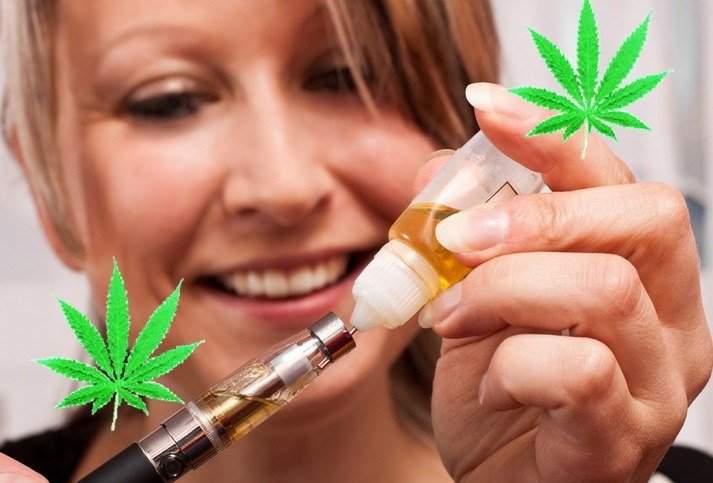Children with severe epilepsy could be helped by a new treatment derived from the cannabis plant.
The treatment, called Epidiolex, is based on one of the non-psychoactive components of the cannabis plant, CBD.
The medicine does not contain the ingredient that produces the high associated with recreational cannabis
Early studies in the US have shown treatment with CBD may reduce the frequency and severity of seizures in children with severe forms of epilepsy.
The new trial marks the first time the treatment has been tested in the UK.
Patients are being enrolled for a trial of the treatment at Edinburgh University's Muir Maxwell Epilepsy Centre, based at the Royal Hospital for Sick Children in Edinburgh, and Great Ormond Street Hospital.
The Royal Hospital for Sick Children in Glasgow and Alder Hey Children's Hospital in Liverpool are also driving the study.
There are further centres in the US, France and Poland.
Rare type
Their initial focus will be on children with Dravet Syndrome, a rare but serious type of epilepsy that is difficult to treat. Some children will receive the treatment while others will receive a placebo.
Continue reading: http://www.bbc.co.uk/news/uk-scotland-edinburgh-east-fife-30496780



